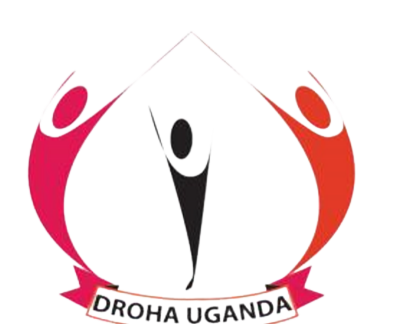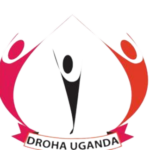What We Do
What we do
Droha Uganda
Droha aims at making contributions to the Sustainable developments Gaols. Our strategic program choices focus on goals number
- No poverty (no. 1)
- Zero Hunger (no.2)
- Quality Education (no.4)
- Gender equality (no.5)
- Decent work and Economic growth (no.8)
- Industrial Innovation and Infrastructure (no.9)
Our integrated approach to programming
At DROHA Uganda, we take an integrated approach to transforming lives. We empower girls, women, and youth with practical livelihood skills and financial inclusion opportunities, advance gender justice and protect the environment through climate-smart solutions. We are committed to building resilience and creating lasting change in vulnerable communities.
• Livelihoods & Financial Inclusion:
We equip girls, women, youth, and prison inmates with vocational skills (tailoring, hairdressing, welding, motorcycle mechanics, bakery and more), support them with startup kits, and strengthen access to savings through VSLAs and entrepreneurship training.
• Gender Justice:
We promote safety, equality, and opportunity through GBV and SRHR education, and the economic empowerment of women and girls.
• Climate Change Response:
We champion sustainable development by promoting climate-smart agriculture, tree planting, and community-led environmental conservation initiatives.
Our Impact
The Vocational Skills
- Fashion and Design
What exactly do fashion designers do?
Fashion designers create original clothing, accessories, and footwear. They sketch designs, select fabrics and patterns, and give instructions on how to make the products they design. The trainees are guided by the instructor. It creates a life long creativity and innovation for sustainable livelihood; over time it has helped school dropouts, women and young mothers to earn a living to support their children and families.
- Welding and metal fabrication
What is welding and metal fabrication?
Welding and metal fabrication are the processes used to shape, cut, bend, and join metal to make different products. Various tools and different methods are used throughout the process to achieve the desired result. Most of these skills are tailored to suit the market demands for quick, immediate but long term income; many of those trained can start up their own business, employed in factories.
- Beauty and cosmetology
What entails beauty and cosmetology
Here beneficiaries are trained in hairstyling, skin care, cosmetics, manicures/pedicures, non-permanent hair removal such as waxing and sugaring. It includes cutting and chemically treating hair, chemical hair removal, fashion trends, wigs, nails and skin care, skin and hair analysis; relaxation techniques including head, neck, scalp, hand and feet basic massage and aroma therapies; plus ability to expertly apply makeup applications to cover up dark spots or promote and can expand into further specialties such as reflexology; theatrical applications. Droha has vocationally and continuously trained many women, teenage mothers in this particular field.
- Shoe Making
The process
Shoemaking is the process of making footwear. Shoes are made one at a time by hand, often by groups of shoemakers, or cobblers. This after training.
- Pre-urban Farming
What is pre-urban farming?
The Food and Agriculture Organization of the United Nations defines peri-urban agriculture as "agriculture practices within and around cities which compete for resources (land, water, energy, labour) that could also serve other purposes to satisfy the requirements of the urban population For instance, the focus of peri-urban agriculture is primarily concentrated on the relief of hunger and poverty, hence, which translates into food security.

